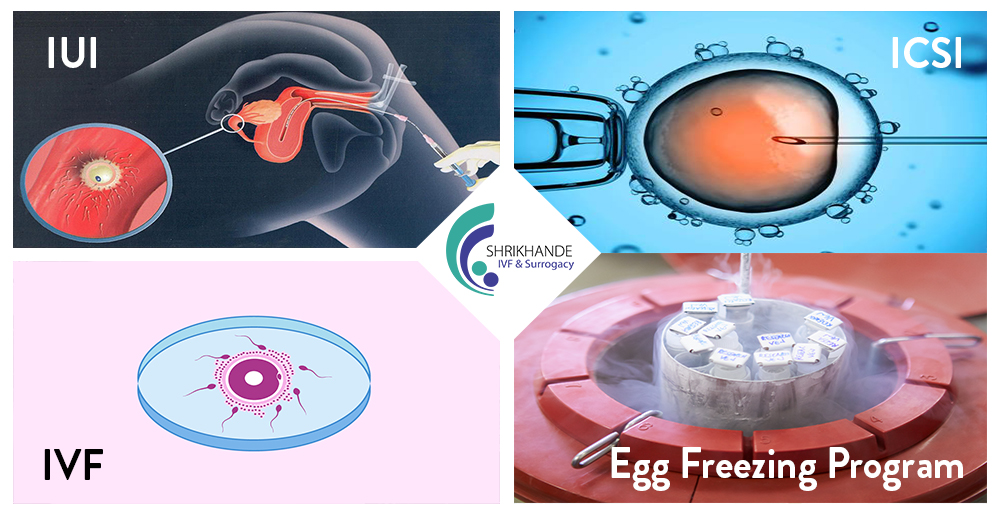Introduction
In vitro fertilization (IVF) signifies a beacon of hope for lots of people and couples grappling with infertility. About the previous few decades, improvements in reproductive technology have not only improved the odds of conception but also opened the door to a innovative procedure: preimplantation genetic analysis (PGD). PGD allows for the genetic screening of embryos right before they are implanted in the uterus, making certain that only embryos with out determined genetic issues or abnormalities are selected for being pregnant. As we navigate by means of the twenty first century, PGD stands at the forefront of reproductive drugs, heralding a new era of genetic screening that guarantees to reshape the upcoming of IVF.
The Evolution of IVF and Genetic Screening
IVF has gone through a radical transformation given that the birth of Louise Brown, the world’s to start with “take a look at-tube infant,” in 1978. Early IVF methods have been marred by small results prices and limited knowledge of embryonic development. The introduction of genetic screening was a recreation-changer, enabling embryologists to study the genetic make-up of embryos and pick people with the optimum opportunity for a healthy being pregnant.
The Development of Preimplantation Genetic Diagnosis
PGD is a specialized approach that involves eradicating 1 or additional cells from an IVF embryo to exam for certain genetic ailments in advance of the embryo is transferred to the uterus. To begin with produced to monitor for sexual intercourse-joined issues, PGD has expanded to contain a extensive selection of genetic and chromosomal abnormalities.
Knowledge hop over to these guys of PGD starts with the normal IVF cycle, the place eggs are harvested and fertilized in the lab. At the time the embryos access the blastocyst stage, a number of cells are biopsied and analyzed working with one particular of many genetic screening solutions, these as polymerase chain reaction (PCR) or up coming-technology sequencing (NGS). These strategies enable for the detection of solitary-gene ailments, chromosomal abnormalities, and even the potential for inherited cancer syndromes.
The Ethics of Genetic Screening
As with several innovations in biotechnology, PGD provides with it a host of ethical concerns. The skill to decide on embryos centered on genetic standards has sparked debate over the idea of “designer infants” and lifted considerations about eugenics. Ethicists and health care specialists go on to grapple with these troubles, striving to obtain a stability involving the advantages of genetic screening and the moral implications of genetic variety.
The Influence of PGD on Genetic Conditions
PGD has had a profound effects on the avoidance of genetic issues. Families with histories of heritable conditions like cystic fibrosis, Tay-Sachs condition, or Huntington’s ailment now have the possibility to bear little ones without the need of the fear of passing these conditions on. This has not only decreased the incidence of specific genetic ailments but also alleviated the psychological and economic stress on people and healthcare devices.
Progress and Innovations in PGD
The subject of PGD is continuously evolving, with new systems boosting its precision and scope. The arrival of extensive chromosomal screening (CCS) permits for the analysis of all 23 pairs of chromosomes, guaranteeing that only embryos with the appropriate number of chromosomes are implanted. This has significantly lowered the risk of miscarriages and enhanced the results charges of IVF.
The Role of PGD in Spouse and children Balancing and Gender Variety
Just one of the far more controversial facets of PGD is its use in family members balancing and gender choice. Some argue that the capacity to choose the intercourse of one’s youngster is a purely natural extension of reproductive independence, when other people be concerned about the social and demographic consequences of these decisions. Even so, in circumstances in which gender-precise genetic ailments are a issue, gender range stays a vital component of PGD.
The Potential of PGD: Increasing the Possibilities
As we glimpse to the long term, PGD is poised to broaden in abilities. Investigate into polygenic possibility scores could help PGD to display screen for complex disorders like coronary heart illness or diabetic issues, which are motivated by many genes. There is also the prospective to use PGD in conjunction with gene enhancing systems like CRISPR, to not only pick but also suitable embryos at the genetic stage, even though this stays ethically and legally contentious.
Lawful and Regulatory Factors
The regulation of PGD differs noticeably all around the world, with some international locations embracing the technologies and other folks imposing strict limitations. As the science progresses, policymakers will be challenged to generate frameworks that assure ethical purposes of PGD even though supporting scientific development.
Conclusion
Preimplantation genetic analysis stands at the intersection of genetics, medicine, and ethics, featuring unprecedented command over the genetic health of long term generations. Its integration with IVF has by now enhanced the prospective clients of would-be mom and dad to have balanced children and claims to proceed its trajectory of innovation in the realm of reproductive overall health. As we advance, it is vital that we take into consideration the moral implications and legal frameworks necessary to guideline the responsible use of this powerful technologies. The upcoming of PGD in IVF is not just about the science of genetics, but also about the values we as a modern society opt for to uphold
